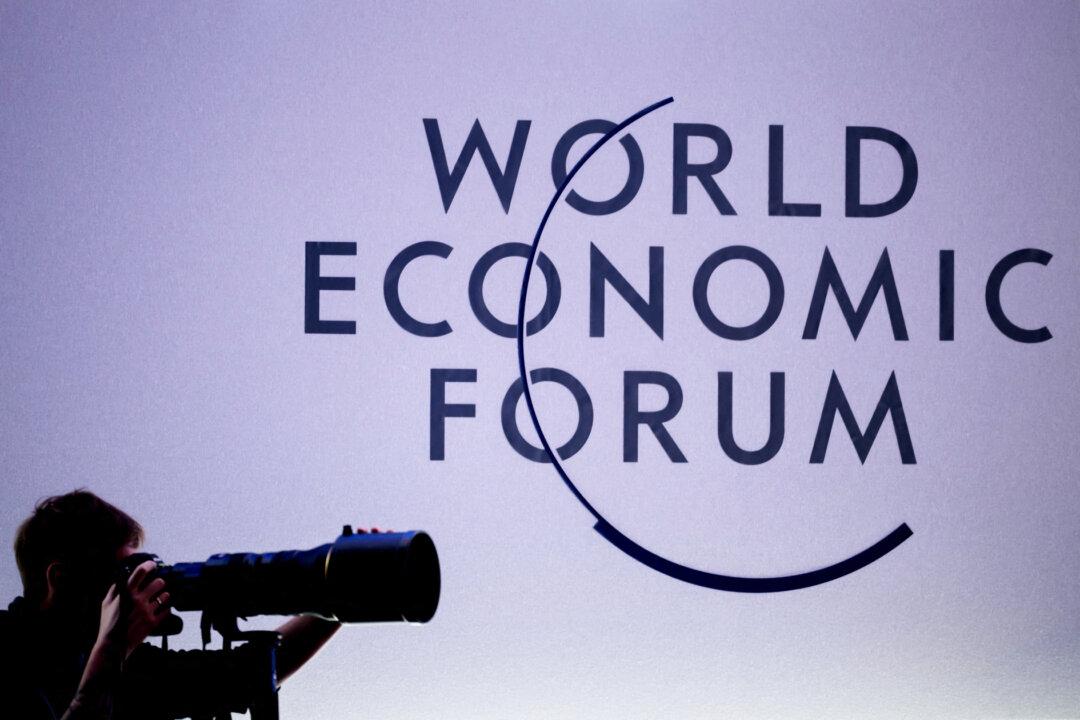Commentary
The old saying “to know all is to forgive all” means if taken literally, that all the evils of the world would be forgivable if we took the trouble to discover the real reasons for them. Those who actually believe this reveal themselves as optimists, generous in spirit, willing to look for the best in human nature.





